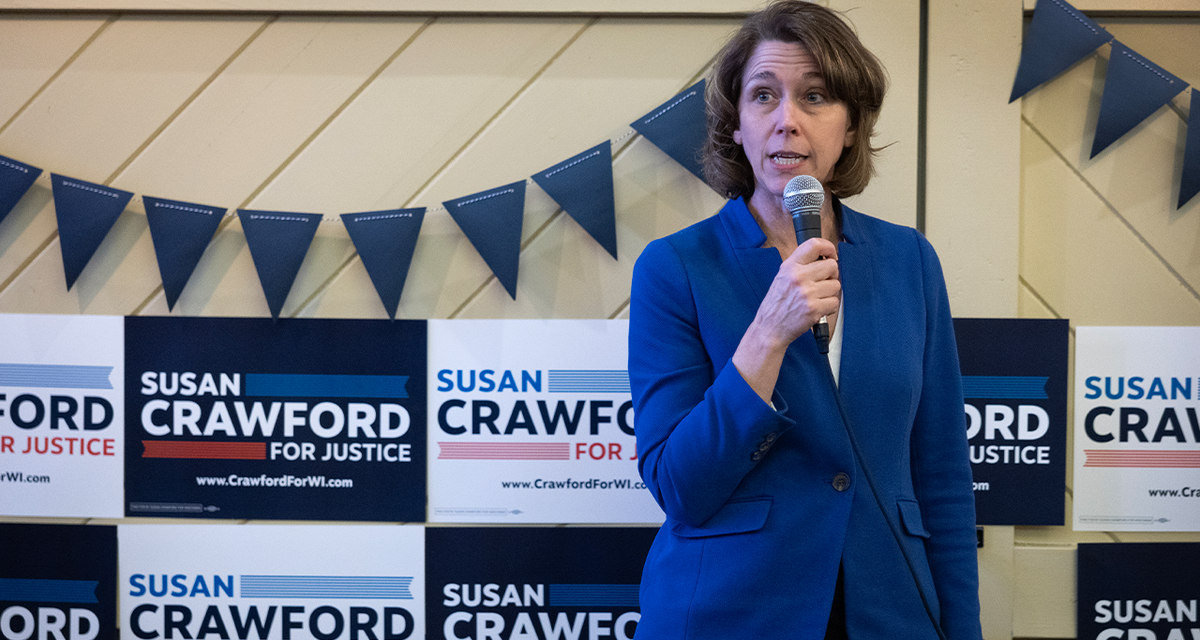As the political landscape in the United States continues to evolve, Wisconsin stands out as a battleground state that can sway elections. For Republicans, the upcoming electoral cycle brings forth potential challenges that could significantly impact their performance. Understanding the warning signs early in this process is crucial for strategizing and addressing the underlying concerns among voters. Here are six critical warning signs indicating that Republicans may face a tough road ahead in Wisconsin.
1. Shrinking Support Among Suburban Voters
Over the past few election cycles, suburban voters in Wisconsin have exhibited a trend of shifting away from Republican candidates. This demographic, traditionally a stronghold for the party, has shown increasing support for Democrats. Issues such as access to healthcare, education, and social justice resonate strongly with suburban constituents, making them critical voters in upcoming elections. Republicans must recognize this shift and develop strategies to reconnect with suburban residents if they hope to salvage their standing in these crucial regions.
2. Changing Demographics
Wisconsin is experiencing significant demographic changes, with increasing diversity. As the Latino and African American populations grow, Republicans are seeing diminished dominance among traditionally white rural and suburban voters. This demographic evolution requires Republicans to broaden their appeal and address the issues important to these new constituents. Failure to adapt to the changing landscape could result in disappointing election outcomes.
3. Economic Concerns
The economic landscape in Wisconsin has faced challenges, including inflation and supply chain issues. These factors have led many voters to question the Republican Party’s economic policies. Instances of rising costs of living are increasingly concerning to Wisconsin families, who are raising issues about affordable healthcare, child care, and housing. The perception that Republicans prioritize large corporations over average citizens could alienate key voter demographics, impacting upcoming election results.
4. Impact of Abortion Legislation
The issue of abortion has become a polarizing topic across the United States, and Wisconsin is no exception. Following the overturning of Roe v. Wade, numerous states enacted restrictive abortion laws. In Wisconsin, the legislative response has left many women feeling unsupported and vulnerable. This dissatisfaction has the potential to mobilize women and younger voters to push back against Republican candidates. If the party does not address the concerns surrounding women’s rights and health, it may lose crucial support, particularly among those who prioritize reproductive rights.
5. Off-Year Elections and Voter Turnout
Off-year elections in Wisconsin have historically favored Democrats, and the declining enthusiasm among Republican voters poses a significant threat. If turnout among Republicans decreases, Democrats are likely to capitalize on this opportunity. In areas where Republicans once held a firm grip, the potential for Democrats to gain ground cannot be underestimated. Mobilizing the Republican base through targeted initiatives and addressing voter concerns will be indispensable to counteract this trend.
6. Discontent with Leadership
Internal divisions within the Republican Party in Wisconsin have led to dissatisfaction with the current leadership. Discontent stems from various factions within the party, causing a disconnect between party leadership and grassroots supporters. A united front is essential to presenting a strong image to voters, and failure to resolve these internal conflicts may lead to a lack of confidence among voters when approaching the polls. To reverse this trend, Republican leaders must engage with constituents meaningfully and foster an inclusive environment that encourages party cohesion.
In conclusion, while Wisconsin has historically been a stronghold for the Republican Party, several warning signs indicate that 2024 could mark a challenging year for the party in the state. The changes in voter demographics, shifting support among key sectors of the population, economic challenges, women’s rights issues, declining enthusiasm during off-year elections, and internal divisions all contribute to an uphill battle that Republicans must address amidst their campaign strategies. To regain lost ground and secure votes in upcoming elections, the Republican Party must take pro-active steps to reconnect with disenchanted voters and develop policies that reflect the needs and concerns of the Wisconsin populace.































